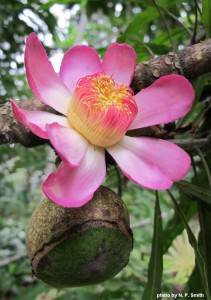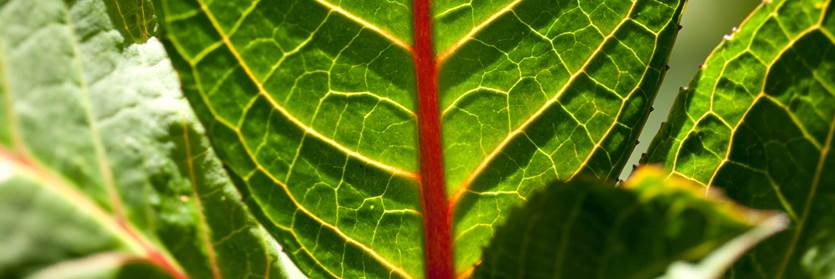Journey to Brazil: Teaching A New Generation About A Lifetime’s Work
Posted in Travelogue on December 5, 2013 by Scott Mori
Scott A. Mori is the Nathaniel Lord Britton Curator of Botany at the The New York Botanical Garden, and his primary research interests are the ecology, classification, and conservation of tropical rain forest trees. His most recent book is Tropical Plant Collecting: From the Field to the Internet. This is the first in a three-part series documenting his latest trip to Brazil.

In nearly 50 years as a tropical botanist, I have spent a great deal of time in Brazil, where most of the species I study—belonging to the Brazil nut family of woody plants—are found. Usually I go in search of new species or new information about known species in this large and economically important family, but recently I went for a different reason—to pass on some of my botanical knowledge to the next generation of Brazilian botanists.
I was invited by the Escola Nacional de Botânica Tropical (a division of the Rio de Janeiro Botanical Garden) to teach a short course on the classification, evolution, and ecology of the Brazil nut family, scientifically known as Lecythidaceae. This opportunity was appealing for a couple of reasons: first, I have a National Science Foundation Grant to synthesize my career-long research on the Brazil nut family and pass that on to future generations of botanists, and second, one of The New York Botanical Garden’s missions is to help students of all ages learn about botany.
During the early years of my career, there were few Brazilians with doctorate degrees in systematic botany. Today, Brazil has some of the world’s best programs for the study of tropical biology, including the one at Rio’s botanical garden. This garden has state-of-the-art molecular labs, an outstanding herbarium, a program of botanical exploration throughout the country, an advanced database system used to inventory the country’s flora, an outstanding program to monitor endangered species, and an excellent post-graduate program.

